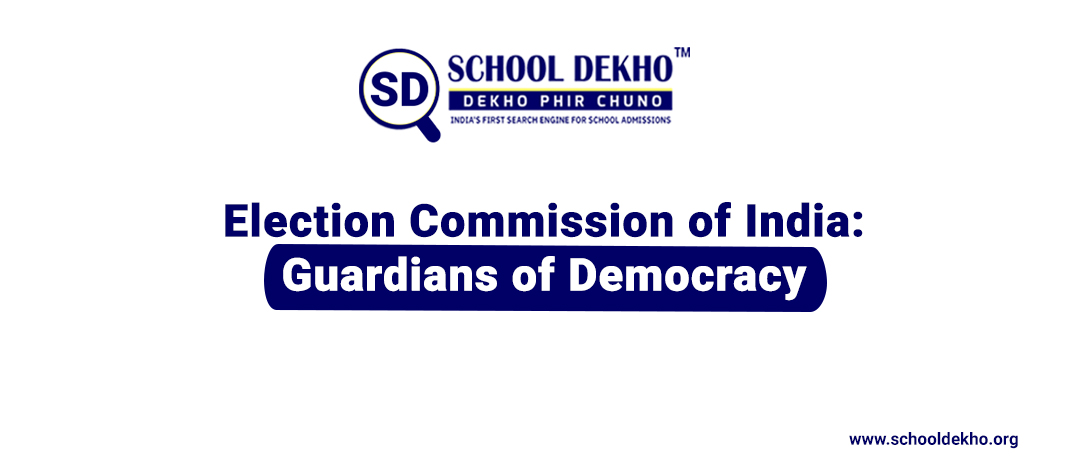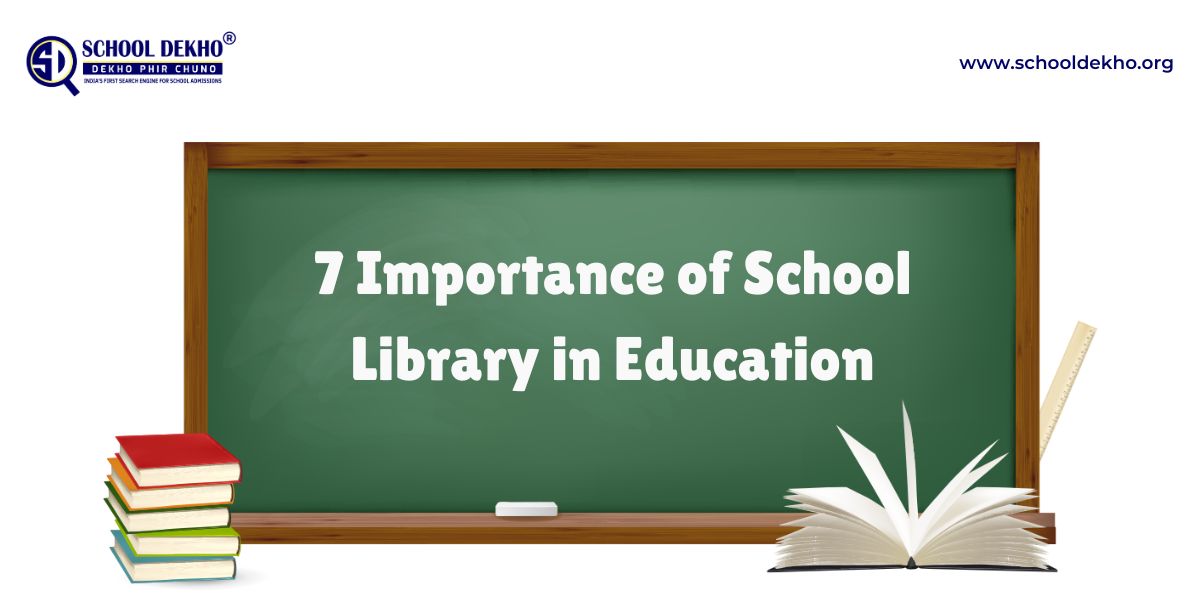
Election Commission of India: Guardians of Democracy
In the world's largest democracy, where hundreds of millions of citizens exercise their right to vote, there exists a critical institution responsible for ensuring the integrity and fairness of the electoral process—the Election Commission of India (ECI). For students keen on understanding the dynamics of Indian democracy, the ECI serves as a crucial entity.
This blog aims to shed light on the Election Commission of India, its roles and responsibilities, and why it is rightfully called the "Guardian of Democracy."
A Historical Perspective: The Genesis of the ECI
To truly appreciate the significance of the Election Commission, it's essential to delve into its history. Discuss how the ECI came into existence, its evolution over the years, and its legal framework. Highlight key milestones and figures in its formation.
The Constitutional Authority: ECI's Role in Indian Democracy
Explore the constitutional provisions that grant the ECI its authority. Explain its fundamental role in conducting free and fair elections in India, its powers and duties, and how it ensures that the democratic process remains robust.
The Three Pillars of the ECI: Chief Election Commissioner and Election Commissioners
Introduce the Chief Election Commissioner (CEC) and Election Commissioners, emphasizing their responsibilities and qualifications. Discuss the appointment process and the significance of their impartiality in maintaining the integrity of elections.
Conducting Elections: From Voter Registration to Results
Take your readers through the various stages of the election process, such as voter registration, candidate nominations, campaigning, polling, and counting. Explain how the ECI meticulously oversees each step to ensure transparency and fairness.
Voter Education and Participation: ECI's Outreach Initiatives
Highlight the ECI's efforts to educate voters, promote voter participation, and create awareness about electoral processes through programs like "Systematic Voters' Education and Electoral Participation" (SVEEP). Provide examples of successful voter outreach campaigns.
Challenges and Controversies: ECI's Response
Discuss some of the challenges and controversies the ECI has faced over the years, such as electoral malpractices, EVM (Electronic Voting Machine) concerns, and model code of conduct violations. Explain how the ECI has addressed these issues to maintain public trust.
Innovations and Technological Advancements: ECI's Digital Transformation
Highlight how the ECI has embraced technology to enhance the electoral process, including the introduction of Voter Verifiable Paper Audit Trails (VVPATs), online voter registration, and the use of social media for election-related communication.
International Recognition and Cooperation
Mention instances where the ECI's work has been recognized globally, and discuss its collaborations with international organizations to share best practices and strengthen electoral processes worldwide.
Safeguarding Democracy's Future
Wrap up the blog by emphasizing the crucial role the Election Commission of India plays in preserving the essence of Indian democracy. Encourage students to appreciate the ECI's efforts and their role as responsible citizens in upholding the democratic values it protects.
In conclusion, the Election Commission of India stands as a formidable institution tasked with ensuring that the voice of every Indian citizen is heard and respected during elections. Its dedication to safeguarding the democratic process is a testament to the strength and vitality of India's democracy. As students, understanding the workings of the ECI is not just a matter of academic interest but a responsibility to preserve the democratic ethos of the nation.
Contact with Us
Call: 1800 - 2588 - 074
Mail: info@schooldekho.org
Student’s Best Education Portal | School Dekho | India's First School Search Engine | Best Schools Near Me | Find Schools Near Me | Dekho Phir Chuno
#dekhophirchuno







Leave your thought here
Your email address will not be published. Required fields are marked *